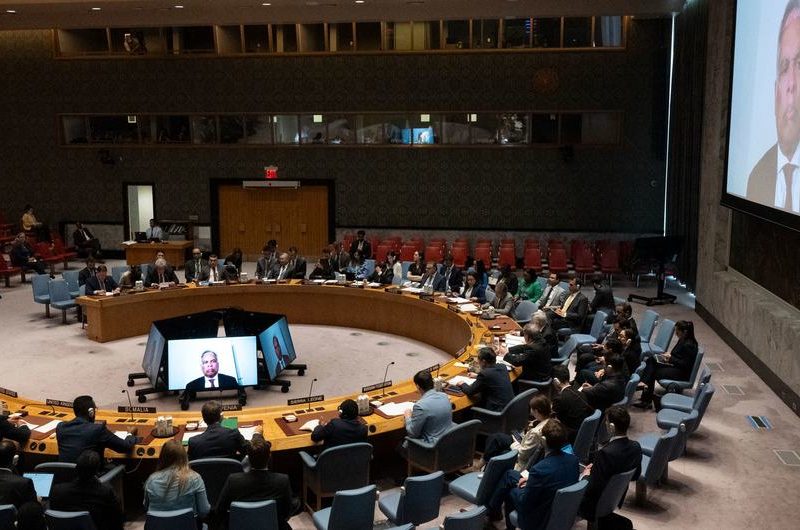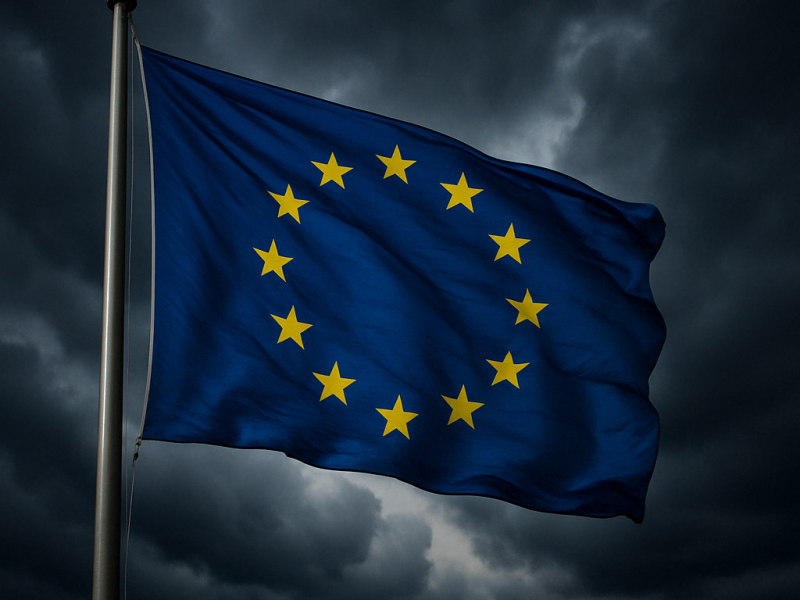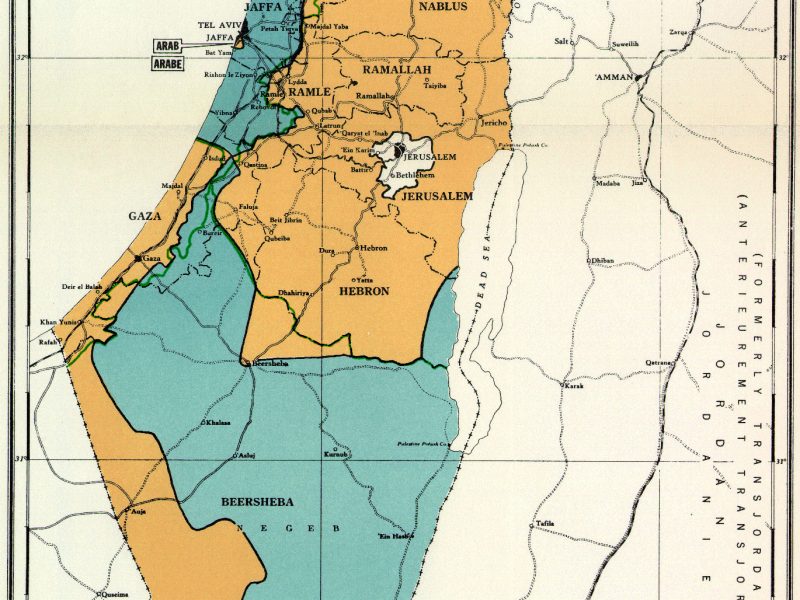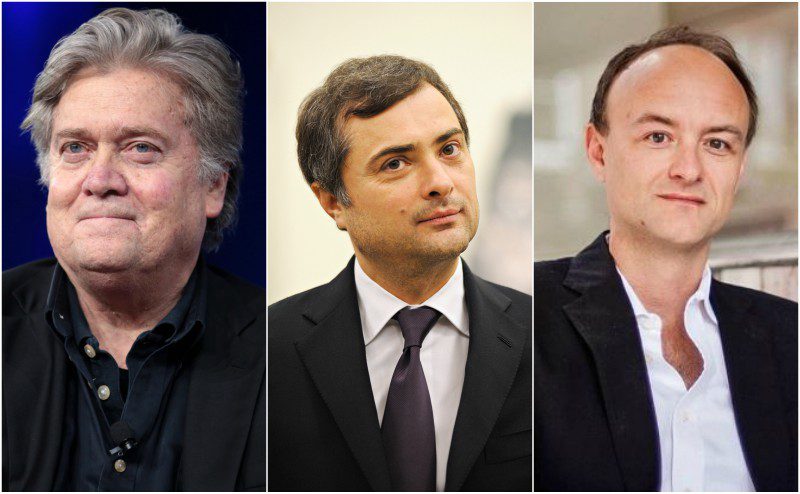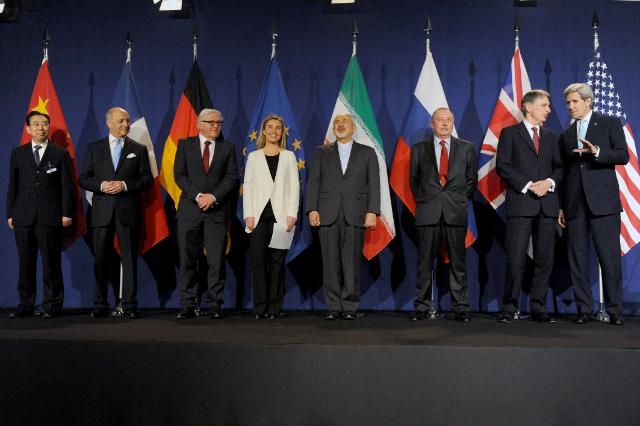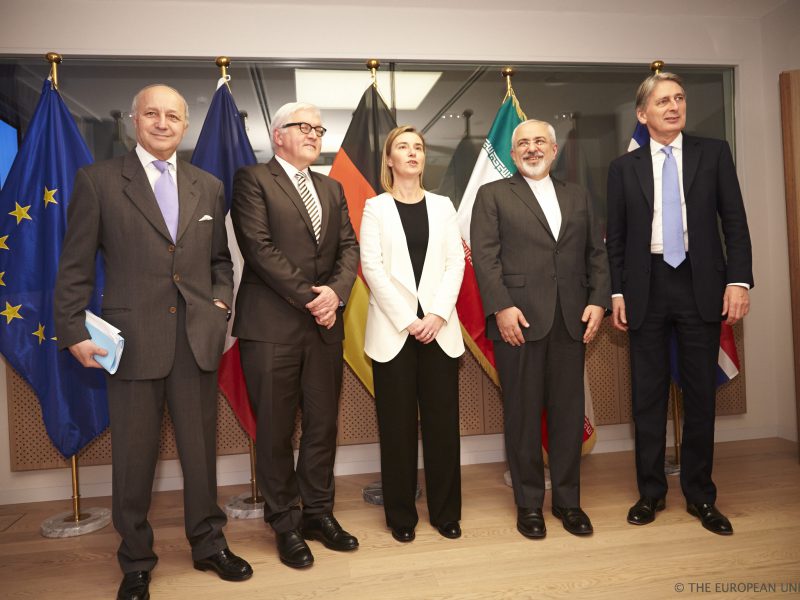The catastrophic fallacy of a “final solution” needs to be ended
Prime Minister Netanyahu of Israel has made his point crystal clear: He wants to proceed with the full occupation of Gaza City with troops on the ground, thus dealing the final blow to the much-weakened but still somewhat holding Hamas. He may believe it, or not. In the latter case he may be trying to…

